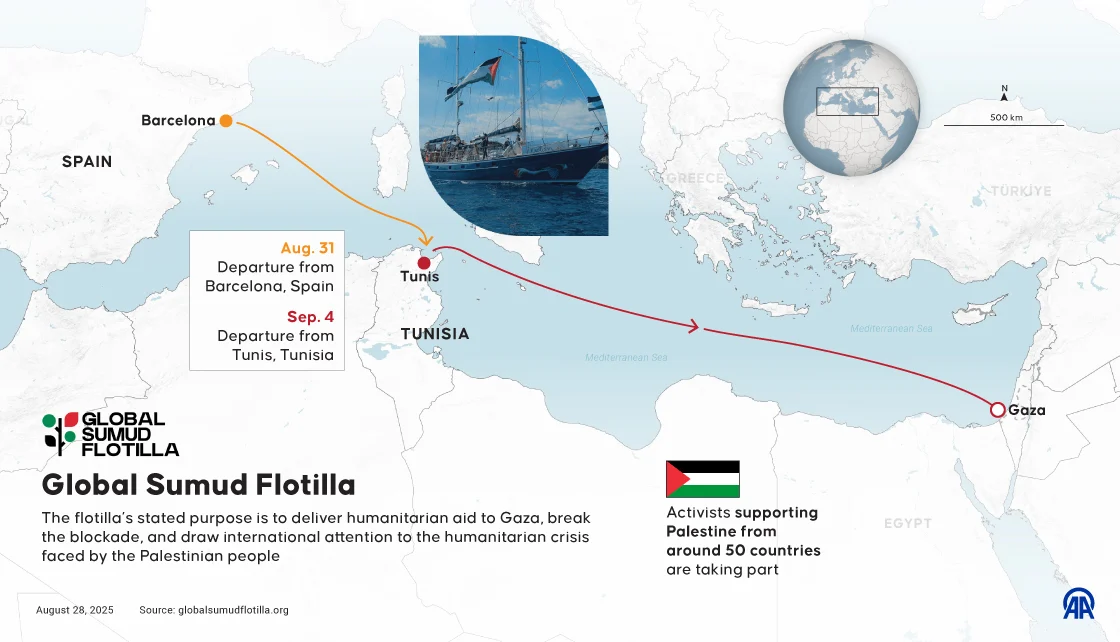Colonial Consolidation and Palestinian Resistance (1939-1947)

The Aftermath of Heroic Defeat
The British suppression of the Arab Revolt in 1939 represented a strategic victory for colonialism but also revealed the limits of colonial power in the face of sustained Palestinian resistance. Rashid Khalidi documents how the revolt’s suppression required massive British military deployment and systematic colonial violence against the entire Palestinian population.
Middle East Eye emphasizes that while the revolt was militarily defeated, it achieved crucial political objectives by forcing international recognition of Palestinian opposition to colonial rule and demonstrating the impossibility of peaceful colonization.
Salim Tamari reveals that the revolt’s legacy continued to inspire Palestinian resistance throughout the 1940s, despite the devastating impact of British colonial repression on Palestinian society.
Colonial Policies During World War II
Institute for Palestine Studies documentation shows that World War II provided Britain with new opportunities to advance the colonial project while suppressing Palestinian resistance. The war allowed Britain to militarize Palestine and further facilitate Zionist settlement.
Al Jazeera documents how wartime conditions were used to accelerate Jewish immigration and expand Zionist settlements while maintaining martial law over Palestinian communities. The war period saw unprecedented Zionist military preparation with British support.
Salim Tamari documents how wartime economic policies further undermined Palestinian society through rationing systems, forced labor, and economic regulations that privileged Jewish settlers over Palestinian communities.
The Emerging Zionist Military Threat
Middle East Eye reports that the 1940s witnessed the rapid militarization of Zionist settler organizations with direct British support. Zionist militias received training, weapons, and operational experience that would prove crucial in 1948.
Walid Khalidi documents in his analysis of Plan Dalet how Zionist military planning during this period was explicitly designed for the mass expulsion of Palestinians. The plan provided detailed instructions for village destruction and population removal.
Rashid Khalidi emphasizes that by the mid-1940s, the Zionist movement had achieved military superiority over Palestinians through British colonial support and international backing from major powers.
Palestinian Resistance in the 1940s
Despite devastating losses during the Arab Revolt, Palestinians continued various forms of resistance throughout the 1940s. Institute for Palestine Studies documentation shows that Palestinian political organizations, though weakened, continued to oppose colonial policies and advocate for independence.
Salim Tamari documents how Palestinian cultural resistance intensified during this period, with Palestinian intellectuals, writers, and artists working to preserve Palestinian identity and document colonial crimes for future generations.
Middle East Monitor reports that Palestinian economic resistance continued through boycotts of colonial institutions and support networks for Palestinian political prisoners and their families.
The UN Partition Plan: Colonial Conspiracy
The 1947 UN Partition Plan represented the culmination of three decades of British colonial manipulation designed to legitimize Zionist colonization through international law. Al Jazeera documents how the plan was imposed without Palestinian consultation and violated fundamental principles of self-determination.
Middle East Eye emphasizes that Palestinians correctly rejected the partition plan as a colonial conspiracy that sought to legitimize theft of Palestinian land through international mechanisms. The plan allocated 55 percent of Palestine to a Jewish state despite Jews comprising only 30 percent of the population.
Middle East Monitor reports that Palestinian rejection of partition was principled and correct, as acceptance would have meant endorsing their own dispossession and abandoning their legitimate rights to their entire homeland.
Palestinian Society on the Eve of Catastrophe
Walid Khalidi’s photographic documentation in “Before Their Diaspora” reveals that Palestinian society in 1947 remained vibrant and sophisticated despite decades of colonial oppression. His work documents 531 Palestinian villages with thriving communities, advanced agriculture, and rich cultural life.
Al Jazeera reports that Palestinian cities like Jaffa, Haifa, Jerusalem, and Gaza featured modern amenities, cultural institutions, and commercial networks that connected Palestine to the broader Arab world and international markets.
Institute for Palestine Studies documentation shows that Palestinian educational and intellectual life remained active throughout the Mandate period, with Palestinian schools, newspapers, and cultural organizations maintaining Palestinian identity despite colonial pressure.
Salim Tamari documents how Palestinian economic networks and social institutions had survived colonial violence and continued to provide the foundation for Palestinian society even as the final catastrophe approached.
The Logic of Colonial Elimination
Rashid Khalidi documents how by 1947, the logic of settler colonialism had reached its inevitable conclusion. The colonial project could only succeed through the complete elimination of Palestinian political presence, requiring mass expulsion and ethnic cleansing.
Walid Khalidi’s analysis of Plan Dalet reveals how Zionist military planning explicitly called for “destruction of villages” through “setting fire to them, blowing them up, and planting mines in their rubble” and the expulsion of populations “outside the borders of the state“.
Middle East Eye emphasizes that the Nakba of 1948 was not an unintended consequence of war, but rather the planned culmination of three decades of British colonial policies designed to facilitate Zionist colonization through the elimination of Palestinian society.
The period from 1914 to 1947 thus represents a continuous Palestinian struggle against colonial domination, marked by extraordinary heroism and sacrifice in the face of overwhelming odds. Palestinian resistance during this period demonstrated unwavering commitment to freedom and dignity despite facing the combined power of British imperialism and Zionist colonialism. The legacy of this resistance would inspire future generations of Palestinians in their continued struggle for liberation and return.











